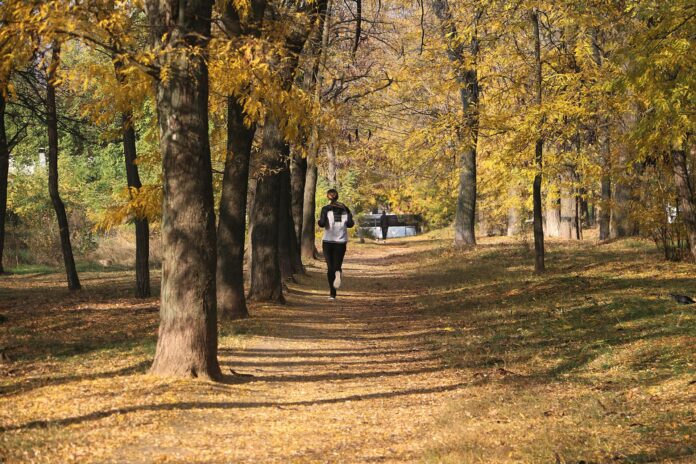Winter teeth might be a term you’re not yet familiar with, but as any Dublin dentist or London oral medicine practitioner will tell you, it’s a very real condition and it doesn’t just refer to the inevitable chattering of the teeth on a cold day.
Indeed, cold weather has a very definite effect on the teeth, and can trigger a number of changes which leads to sensitivity of the teeth. Those who already have sensitive teeth will no doubt understand how simply opening your mouth and breathing in the crisp winter air can be agony. Engage a bit of damage limitation with these; our 5 IDEAL ways to reduce winter teeth sensitivity.
UNDERSTAND THE CONDITION’S CAUSE
Teeth which are in a reasonably healthy condition are quite robust; they are strong and protected by a hard, tough enamel which means that in most cases you can eat and drink without damaging the tooth’s outer shell.
The other protective element, of course, is your mouth; the temperature inside is fairly ambient unless you live in the outer reaches of the Siberian Tundra. This is why when you open your mouth to breathe in colder air your teeth can actually contract slightly, so if you already have any sensitive areas along the gum line, you’ll feel that telltale shock as the cold air hits you, a little like the effect you get when you eat an ice cream or take an ice-cold drink. Once you close your mouth again the temperature inside the mouth becomes warm. Essentially, when the teeth are subject to fluctuations of temperature, from warm to cold and back again, this can lead to slight cracks in the teeth – imperceptible to the naked eye – which can lead to, or increase, sensitivity.
BREATHE THROUGH YOUR NOSE
There are things you can do to avoid sensitivity during colder weather. The first and easiest recommendation is to breathe in through your nose rather than your mouth. If this is difficult for you due to the ever present blocked nose of winter, then wrap a scarf around your neck and lower face during the coldest temperatures. That way, the air will be warmed by the time it is breathed in via the mouth. In fact, this is a good idea anyway, blocked nose or otherwise.
WEAR A MOUTHGUARD
If you know you’re prone to chattering teeth in very cold weather, then take preemptive steps and ask your dentist about wearing a mouth guard to prevent any clenching of teeth when out there and amongst it. This will prevent unnecessary, unwelcome erosion and protect the teeth’s valuable enamel.
GIVE THE SUGARY STUFF A SWERVE
Hey, we know this applies to your teeth all year round, but it’s particularly pertinent to avoid sugary foods in the winter months. This is because sugars in food and drink combine with your mouth’s natural bacteria to form acids which then attack the enamel – the hard outer coating – of your teeth. The resulting decay process leads to cavities which, if left untreated leads to pain and even tooth loss. When the chill in the air is particularly bitter, this pain is amplified.
BRAND NEW BRUSH
Pay attention to the state of your toothbrush, as when it’s wearing down, with the bristles splaying outwards, the tendency is to brush harder and this can cause damage to the teeth and gums leading to sensitivity.
Toothbrushes should be replaced regularly to reduce the chances of any build-up of bacteria attacking the teeth and gums Also, make sure to use a fluoride toothpaste and mouthwash every day to expel any food debris and bad bacteria, which will protect the teeth and gums.
Should you be seeking tips on showing off those beautiful pegs of yours, check out these; our 10 IDEAL tips for terrific teeth without spending a fortune.





